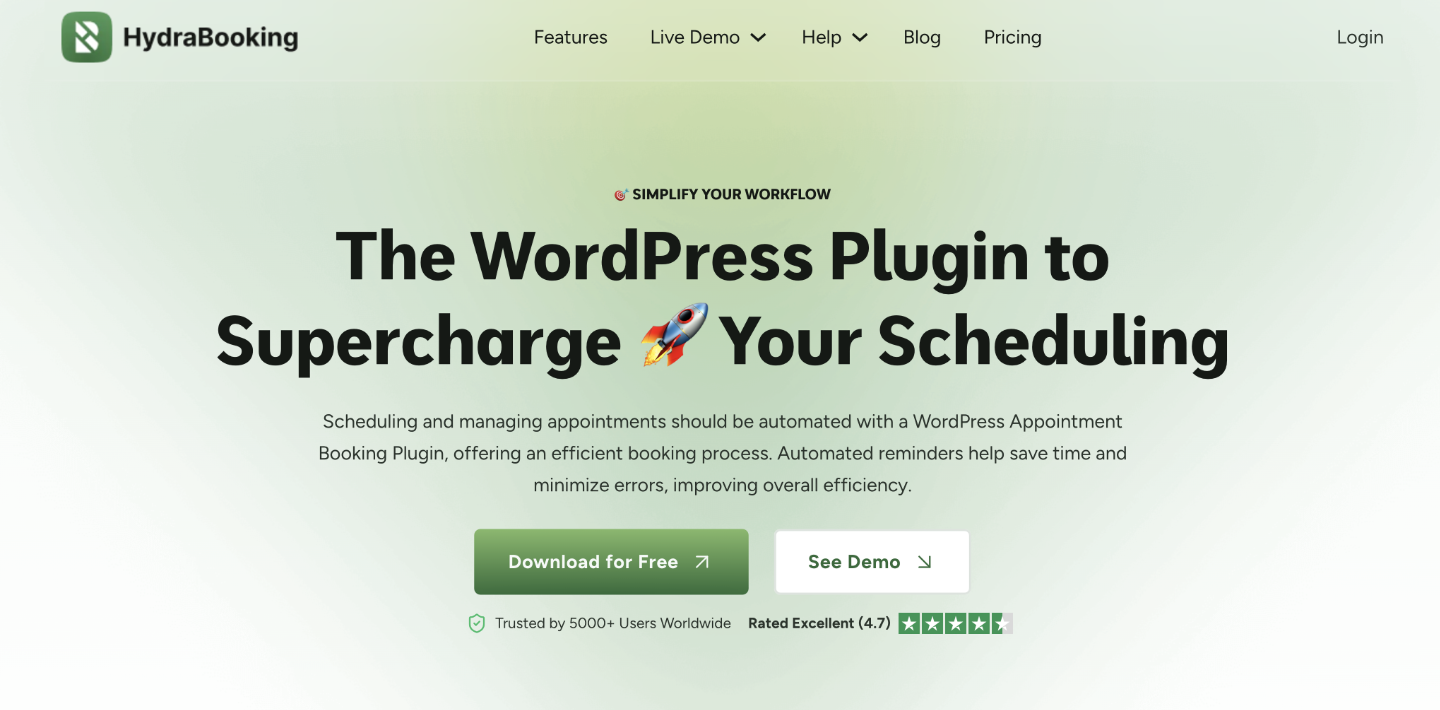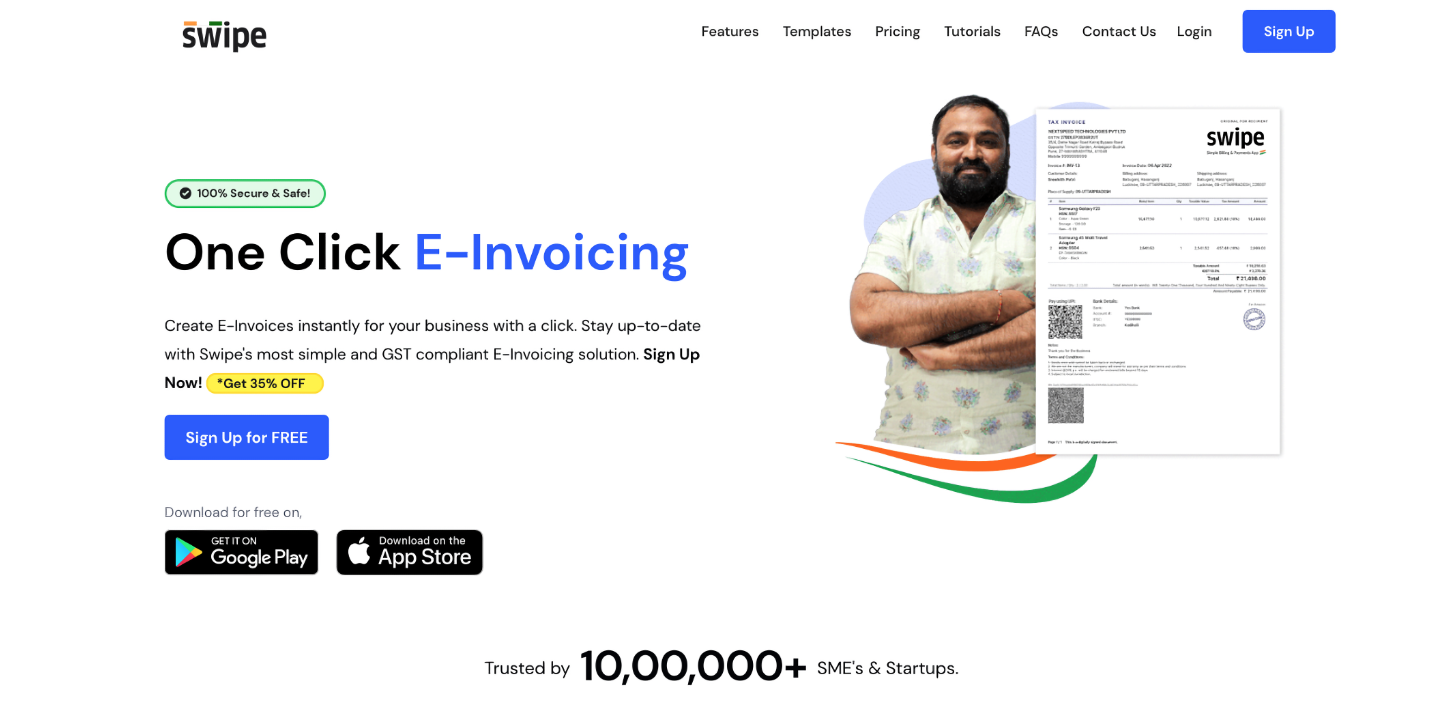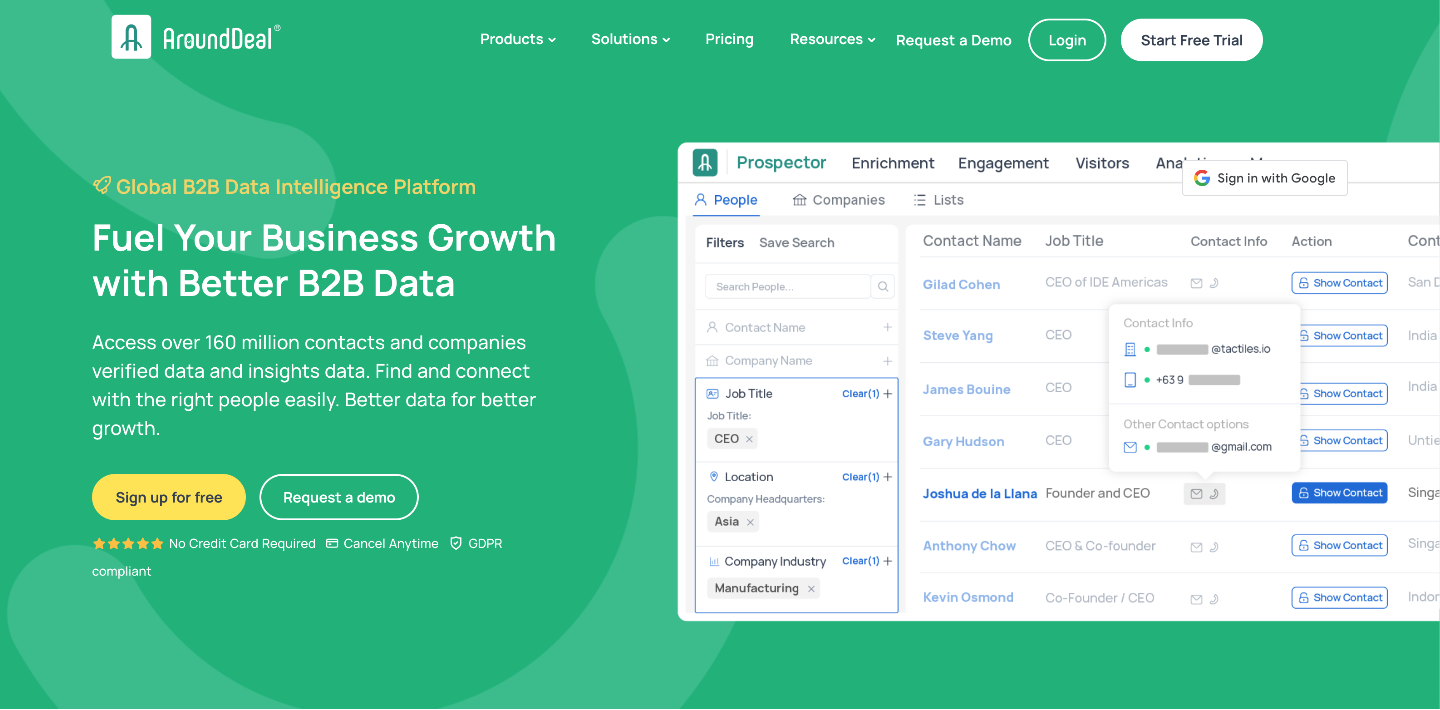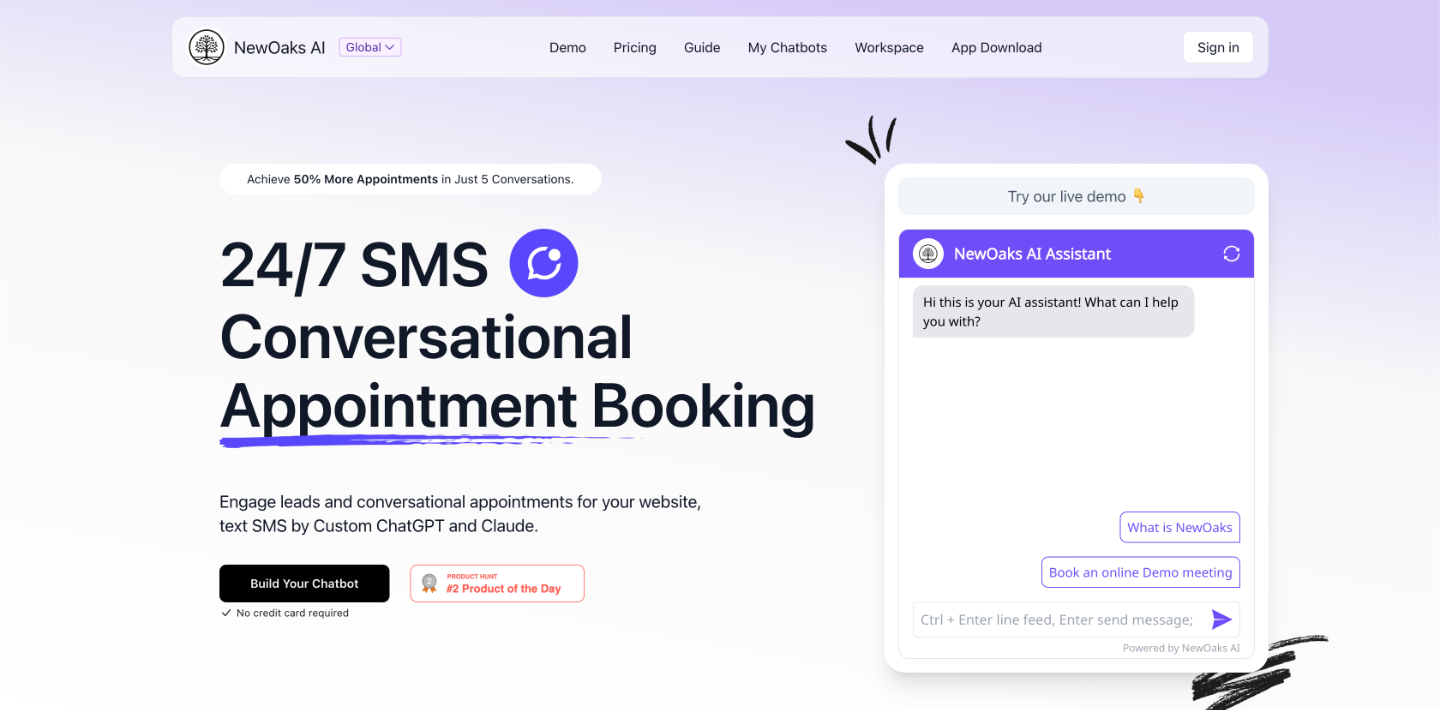
When preparing your business for long-term growth and success, your main priorities will likely focus on profitability, appeal to a target market, and the threat of competition. But there are other variables and threats you’ll need to account for, including lawsuits. Considering there are over 100 million lawsuits filed in state courts every year, the risk of getting sued is very real, and you need to be prepared for the possibility of facing one if you want to maximize your chances of survival.
Why Lawsuits Are Devastating
A lawsuit may not seem like a big deal, especially if you conduct your business ethically, but they’re dangerous for multiple reasons:
- Lawsuits are expensive. You’ll face steep legal fees, including the costs of an attorney to guide you through the process, and you may be required to pay a hefty settlement if you’re found guilty.
- Dealing with a lawsuit also takes time. You’ll need to meet with lawyers, attend court dates, and review paperwork, which draws you away from your business for weeks or months at a time.
- Even if you’re found not guilty of a crime, your business’s involvement in legal trouble could potentially tarnish your brand reputation, affecting your sales and growth in the future.
The Most Common Lawsuits
So what are the most common lawsuits that businesses face?
- Employee discrimination. If you’re found to have discriminated against an employee or group of employees, you could be held liable for workplace discrimination. Discrimination can occur when a person is treated unfavorably because of their race, national origin, sex, gender, religion, age, skin color, or disability. Choosing not to hire someone because of these qualities, or treating them differently once they are hired can be considered discrimination.
- Customer discrimination. You can also be found guilty of discriminating against a customer, if you deny service or make your business inaccessible to certain types of people. For example, if your business isn’t wheelchair accessible, it could be sued for customer discrimination. Consulting with a specialist can help you ensure you’re in full compliance with the law.
- Personal injury. You may also face a personal injury lawsuit, either from an employee or from a customer who suffered an injury at your location. If the injury could have been prevented in any way (such as by better maintenance, ample warnings, or other safety precautions), the injury can be considered a result of your negligence. Make sure you attend to your property regularly, and have ample signage indicating potential hazards.
- Wage law violations. If you violate wage laws, such as paying your employees less than minimum wage, forcing them to work off the clock, or failing to allow ample breaks, you could be sued by your employees. Designate an HR representative to ensure that you don’t break any rules or regulations here.
- In 2017, there were 31,411 harassment resolutions filed with the Equal Employment Opportunity Commission. Harassment refers to intimidation or pressure exerted on someone, including sexual harassment, which occurs when someone has made an unwanted sexual advance toward or obscene remarks about another individual. It can happen between employees, or from a boss to a subordinate, and can greatly damage your business’s reputation either way.
- Breaches of contract. There’s a reason it takes so long to finalize a contract. If your company is found to have breached a contract, or drafted a contact unfairly, you could be sued for the damages. You can prevent this by spending more time with a contract lawyer for each of your new contracts, and ensuring your adherence to those contracts to the letter.
- Wrongful termination. Though some states allow termination for almost any reason, you could face a wrongful termination lawsuit if you’re fired in a way that breaches your employment contract, or is discriminatory, retaliatory, or a direct result of an employee’s refusal to do something illegal on behalf of the company. The best way to prevent this is to have a good, documented reason for firing any employee.
If you can prepare your business for these lawsuits, and take special precautions (like liability insurance) to protect yourself in the event a lawsuit does go through, you’ll greatly minimize your risk here. Because your company can be held liable for things your employees do, it’s nearly impossible to take that risk to zero, but you can be adequately prepared for the repercussions if you face legal trouble.















